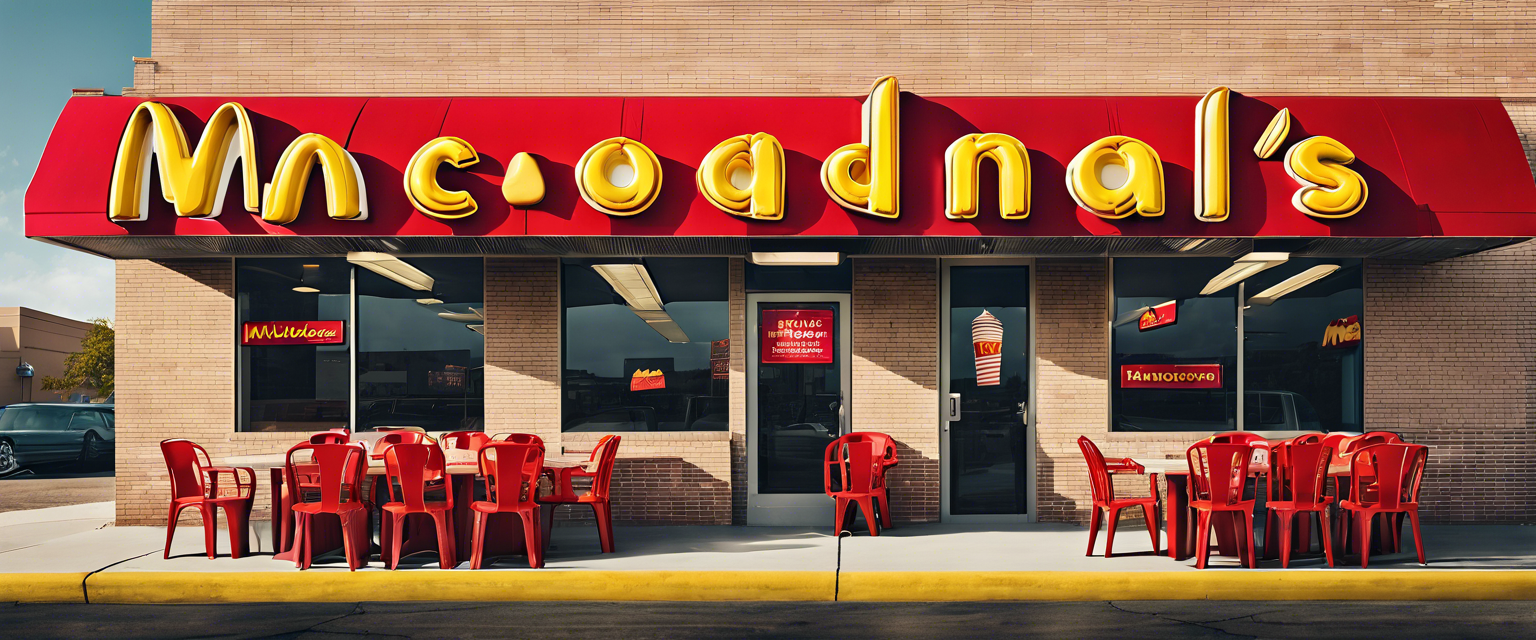The Growing Concerns Over AI and Copyrighted Material
In an era where artificial intelligence is reshaping various industries, a significant movement is emerging within the creative community. Recently, thousands of artists, including well-known actors Kevin Bacon and Kate McKinnon, have united to address a critical issue concerning the unpermitted use of copyrighted materials to train AI models.
A Call to Action
A collective statement warning about the potential threats posed by generative AI has gathered momentum, garnering over 11,500 signatures from actors, authors, and musicians. The statement emphasizes that the “unlicensed use of creative works for training generative AI is a major, unjust threat to the livelihoods of the people behind those works, and must not be permitted.”
Fairly Trained: Advocating for Creatives
The statement was released by Fairly Trained, an organization spearheading the push for equitable training data practices in the AI industry. Ed Newton-Rex, CEO of Fairly Trained, who previously worked at Stability AI, claims that generative AI companies prioritize human resources and computational power, yet expect to extract training data without compensating its original creators. His departure from Stability AI was due to his belief that these companies exploit the very individuals whose work they utilize.
Legal Battles on the Horizon
In tandem with this grassroots initiative, there are ongoing legal disputes surrounding the use of copyrighted material by AI companies. Major industry players such as News Corp and the Recording Industry Association of America (RIAA) have filed lawsuits against AI firms, claiming misuse of copyrighted works during the training of AI models.
Notable Support and Absences
Notably, the RIAA has joined Fairly Trained in support of their statement, amplifying the call for accountability in AI practices. Organizations like the News/Media Alliance have also shown their backing for the movement.
However, some high-profile names are conspicuously absent from the list of signatories. For instance, actress Scarlett Johansson has had a notable public fallout with OpenAI regarding allegations that her voice was utilized in model GPT-4o. Furthermore, stars such as Dame Judi Dench and John Cena, who have collaborated with Meta AI on its voice chat functionalities, are not associated with the movement.
Implications for the Future
The implications of this growing movement are vast, not only for the creative community but also for the future of artificial intelligence itself. As demands for more secure copyright practices gain traction, AI companies may need to reassess their data sourcing methods to ensure they are upholding the rights of creators.
Conclusion
The conversation surrounding AI and copyright is just beginning. Stakeholders from various sectors must engage in meaningful discussions to forge a path that respects creative ownership while harnessing the potential of AI technology.



Оставить комментарий
Все комментарии перед публикацией проверяются.
Этот веб-сайт защищается hCaptcha. Применяются Политика конфиденциальности и Условия использования hCaptcha.